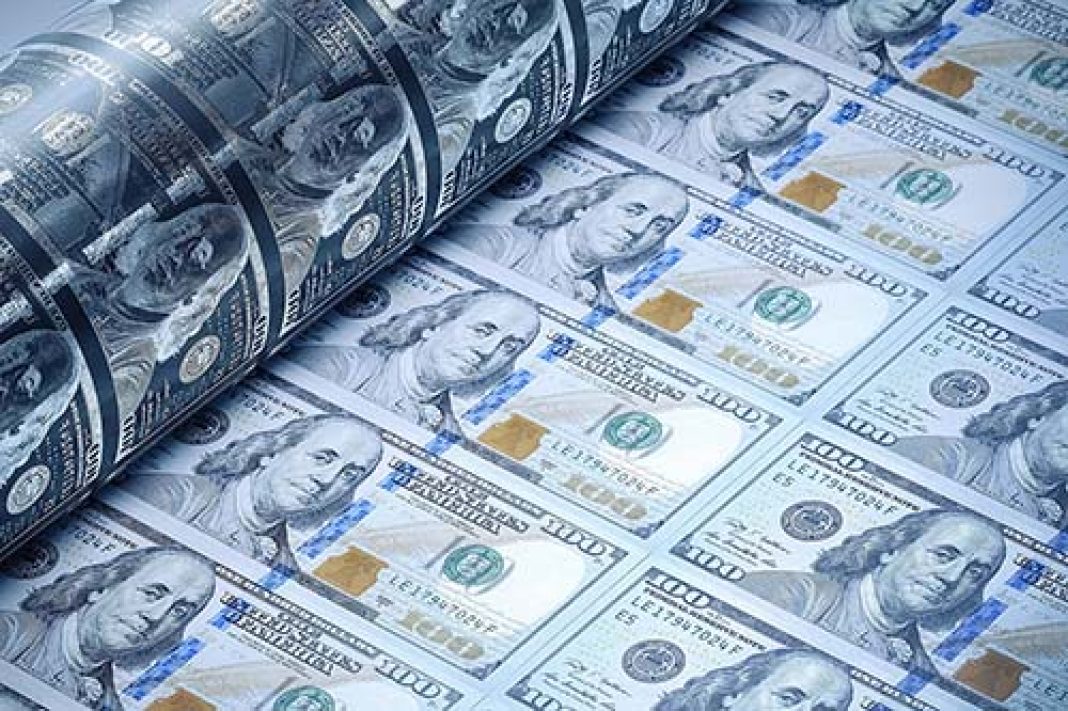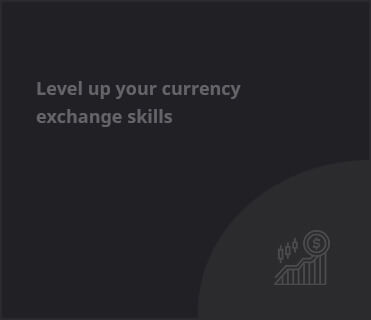The ECB increased rates while announcing that it would restart the printing machine. Bitcoin gains value.
After eleven years
Given the pronouncements made last month, the ECB decided to boost its three key interest rates by 0.50 percent for the first time in 11 years.
The ECB is in fact facing a brick wall. In addition to the EU’s ongoing rise in inflation (8.6 percent), the FED unexpectedly increased its key rate by 0.75 percent. The EUR/USD exchange rate dropped to parity as a result of this rate difference, which forced the ECB to increase interest rates earlier than anticipated.
- “We expect inflation to remain at an undesirably high level for some time to come , ” said the ECB President. “At issue are the continued pressures from energy and food prices and supply chain disruptions. “
Above all, we should note that the Nord Stream pipeline lacks pressure. If Russia entirely shuts off gas, which is possible given the heightened geopolitical tensions, the EU will have a severe inflationary crisis.
In light of this, it’s important to note that Vladimir Putin has refuted accusations that he is to blame for the increase in energy prices in Europe. The EU’s chaotic energy transition and “the expansion of 38 percent (5.9 trillion dollars) in the monetary base in two years, as much as in the previous forty years,” according to the Russian president, were both mentioned. He claimed, “The Euro Zone for its part printed 2,500 billion euros”:
Again, nothing this man is saying is incorrect.
— Gonzalo Lira (@GonzaloLira1968) July 20, 2022
And yes, the United States is now a net importer of food — and the food deficit is growing month by month.pic.twitter.com/8ZsggHHpLs
The EU and the US were able to use these trillions to pillage the resources of emerging nations, according to the Tsar, because of the monopoly on international reserve currencies.
Thanks to the petrodollar, the euro and the dollar do in fact account for 78% of foreign exchange reserves. It is also true that by imposing an embargo on Russia, the EU is purposefully shooting itself in the foot.
However, we wager that this absurd foreign policy, at least on the surface, likely has the implausible goal of training Europeans to use less energy. It is the goal to lower CO2 emissions. We also wager that things won’t go exactly as expected in this next Great Reset chapter.
- Be that as it may, Christine Lagarde warned that “the rise in rates will continue over the next few months”. “The future trajectory of key interest rates […] should make it possible to achieve the inflation target of 2% over the medium term”.
This brief statement offers us the chance to remind ourselves that the ECB’s main goal is to produce an annual inflation rate of 2%. Why not 0% or 3%, for example? Nobody is aware. Finally, it is true that the aim is to steal from people’s savings in order to lessen the burden of the nation’s debt.
The Printing of Money’s Retaliation
Not the phoned rate increase, but the new “transmission protection instrument” (TPI) of monetary policy was the key announcement from this press conference.
In other words, the ECB wants to start creating money once more!
In more concrete terms, the ECB reserves the right to purchase debt in an illogical manner should borrowing costs in some vulnerable nations ever increase.
So it is with the globe. To prevent certain States from going bankrupt, the banks require this financial morphine.
In the end, the TPI is really a rebranding. Previously, the printing press operated under the auspices of the “PEPP,” which was established in the guise of a pandemic and which succeeded the venerable “Quantitative Easing.”
But if the ECB is already threatening to decrease rates by repurchasing debt, what use is there in raising rates? It is incredibly easy. Small firms and households will see an increase in rates, but states won’t.
Knowing that a nation like Italy had debt that is greater than 150 percent of its GDP would be awful. Even “ultimately buy loans from multinationals” is a possibility for the ECB. So that nothing changes, change everything…
So, Christine Lagarde gave herself the “whatever it takes” opportunity. The TPI might be handled harshly by the ECB, she warned.
Even though the ECB will decide whether to make these fresh debt purchases, a number of eligibility requirements are already known. The TPI will spare participating nations from having to deal with onerous budget deficit procedures.
Simply said, if “the European Commission, the European Stability Mechanism, the IMF and the ECB” concur, European nations will be permitted to roll over their debt.
In other words, just as prices continue to rise, money will continue to be printed. Bitcoin has a promising future as a global reserve currency and a form of savings for regular people.



